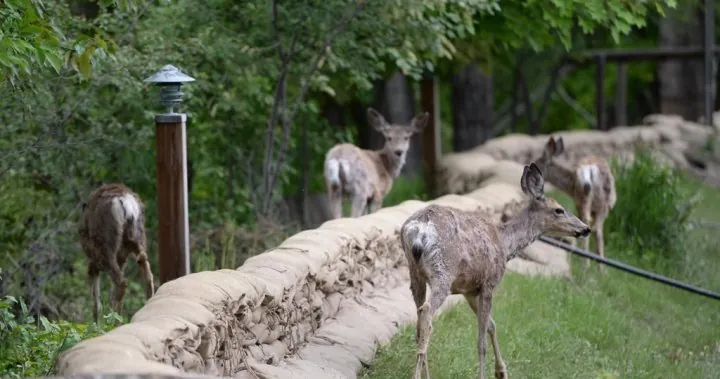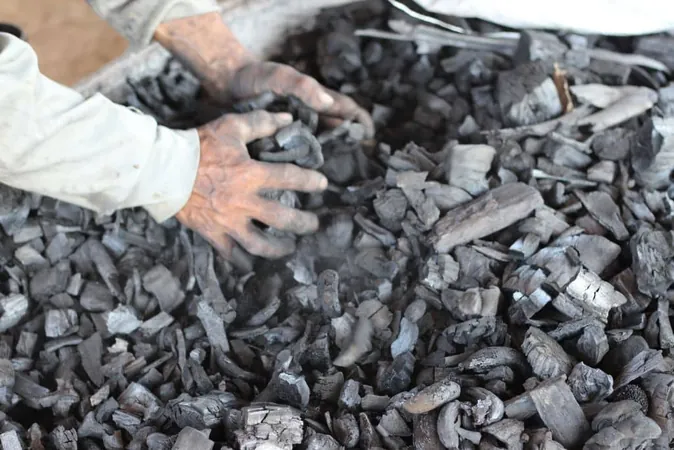
Alarm Raised as Third Case of Wasting Disease Strikes British Columbia Deer Population!
2024-11-21
Author: Liam
Alarm Raised as Third Case of Wasting Disease Strikes British Columbia Deer Population!
A concerning new development in British Columbia’s wildlife has emerged with the identification of a third case of chronic wasting disease (CWD) in a white-tailed deer from the Kootenay region. This devastating illness, which is known for its potential to wreak havoc on deer populations, was confirmed by the B.C. Ministry of Water, Land and Resource Stewardship earlier this month.
The latest case marks an alarming escalation in the region, following the confirmation of two previous infections back in February. The infected deer was reportedly hunted near Cranbrook, about two kilometers from one of the initial cases, highlighting the disease's proximity and spread within the area.
CWD primarily affects deer, elk, moose, and caribou by targeting their central nervous system, causing severe brain cell deterioration. This universally fatal disease has no known cure or vaccine. While there is currently no substantial evidence indicating that CWD can be transmitted to humans, Health Canada strongly advises against consuming meat from infected animals. Cooking methods do not eliminate the abnormal proteins linked to the disease, raising important health warnings for hunters and local residents alike.
To combat this alarming spread, the B.C. government implemented mandatory testing for deer, elk, and moose hunted in specified areas of the Kootenay region earlier this summer. The first two documented cases involved a male mule deer shot by a hunter and a female white-tailed deer that had fallen victim to a road accident.
In response to the growing concern, proactive measures have also been taken, including the removal of urban deer in the cities of Cranbrook and Kimberley to help stem the potential outbreak. As CWD continues to pose a serious threat to the region’s wildlife, officials urge residents to remain vigilant and report any suspicious animal behaviors or deaths.
The situation serves as a grim reminder of the fragility of wildlife communities and the necessary precautions we must take to protect not just these animals, but the broader ecosystem. Stay tuned for updates as experts continue to monitor and research the rapidly evolving situation related to chronic wasting disease in British Columbia.









 Brasil (PT)
Brasil (PT)
 Canada (EN)
Canada (EN)
 Chile (ES)
Chile (ES)
 España (ES)
España (ES)
 France (FR)
France (FR)
 Hong Kong (EN)
Hong Kong (EN)
 Italia (IT)
Italia (IT)
 日本 (JA)
日本 (JA)
 Magyarország (HU)
Magyarország (HU)
 Norge (NO)
Norge (NO)
 Polska (PL)
Polska (PL)
 Schweiz (DE)
Schweiz (DE)
 Singapore (EN)
Singapore (EN)
 Sverige (SV)
Sverige (SV)
 Suomi (FI)
Suomi (FI)
 Türkiye (TR)
Türkiye (TR)